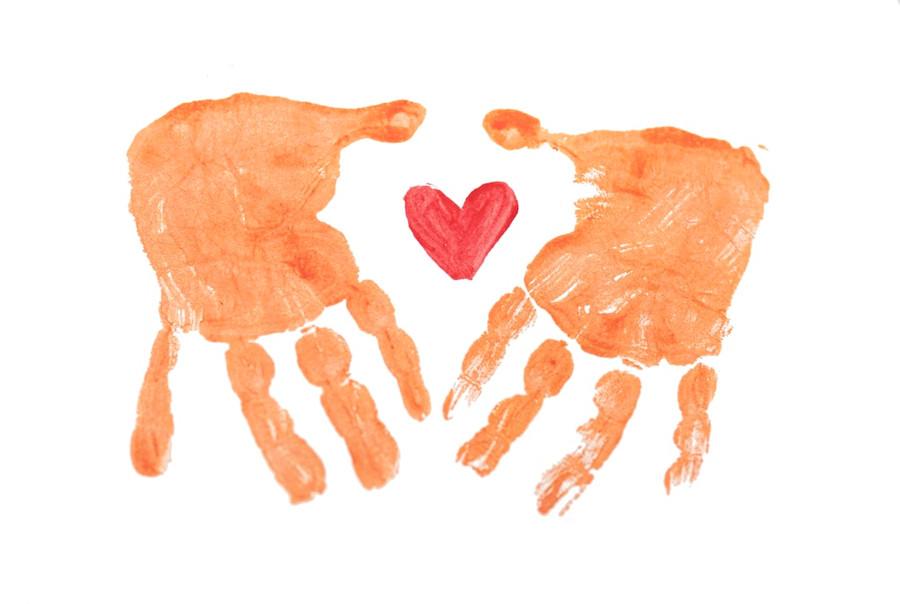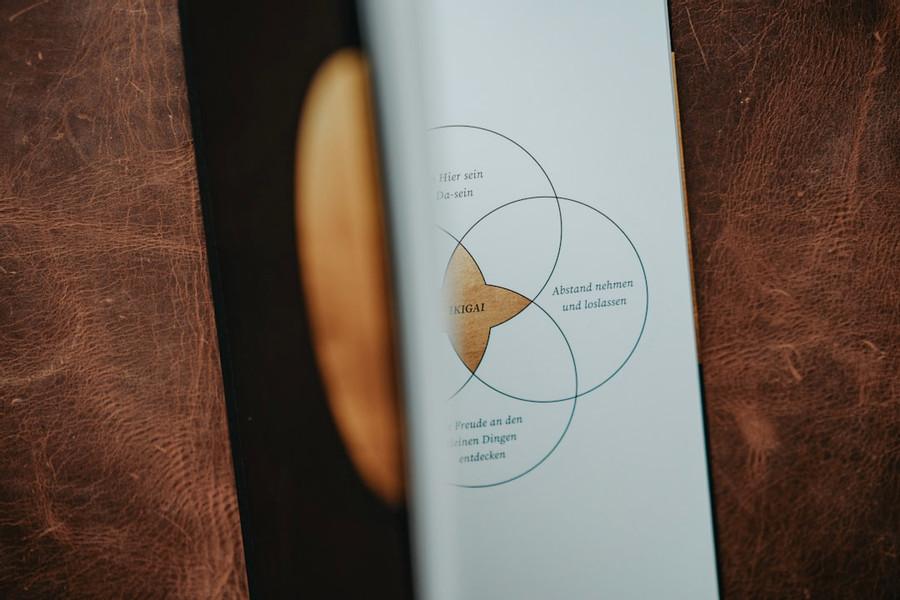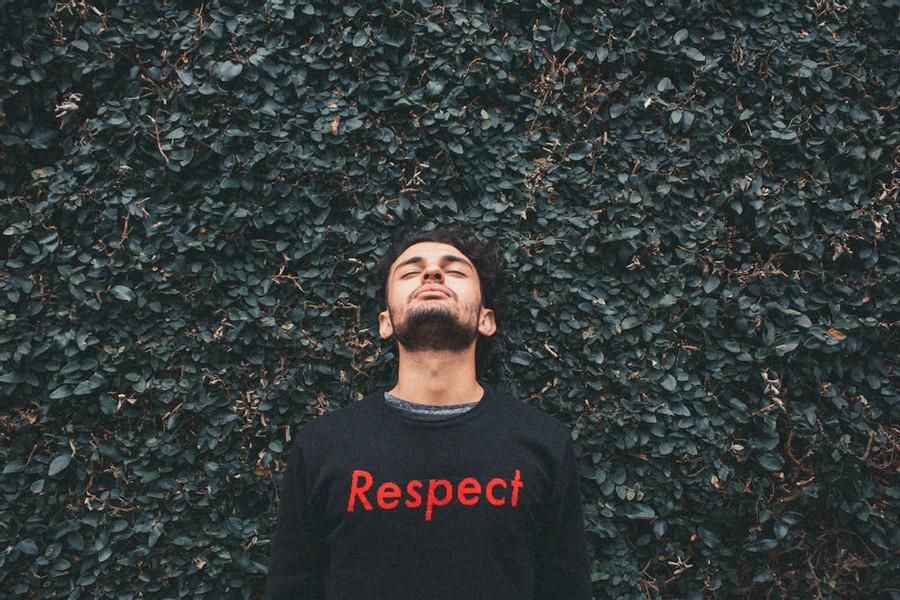Medium – 10 Japanese Concepts For Self-Improvement and a Balanced Life
Curated from: google.com
Ideas, facts & insights covering these topics:
13 ideas
·8.37K reads
61
Explore the World's Best Ideas
Join today and uncover 100+ curated journeys from 50+ topics. Unlock access to our mobile app with extensive features.
“When the student is ready the teacher will appear. When the student is truly ready… The teacher will Disappear”
TAO TE CHING
76
1.18K reads
Omoiyari
Omoiyari means caring and showing sincere consideration for others.
Japanese fans made the headlines in 2018 when they tidied up a football stadium after the game.
Omoiyari is also manifested in the designs of products. For example, Japanese hi-tech toilets have a warm seat, washer, and a sound to cover those ‘unpleasant’ noises.
Practicing omoiyari is said to help build compassion and empathy toward others.
69
952 reads
Ikigai
Ikigai is the Japanese term for the state of well-being induced by devotion to enjoyable activities, which leads to a sense of fulfillment, according to Japanese psychologist Michiko Kumano.
It is said that in Japan, people who have a purpose in life live longer.
Your ikigai is what gets you up every morning and keeps you going.
73
846 reads
Wabi Sabi
Wabi-sabi is a concept that encourages us to embrace our imperfections and accept the natural cycle of life.
Everything in life, including us, is in a state of flux. Change is the only constant, everything is transient, and nothing is ever complete.
By practicing wabi-sabi, we are taught to be grateful and accepting and strive for excellence rather than perfection.
75
748 reads
Mottainai
Mottainai means respecting the resources we have, not wasting them, and using them with a sense of gratitude.
Uniqlo uses “Mottainai: Old Clothes, New Life” to achieve zero waste.
The concept invites us to be grateful and intentional about our actions and think of ways to help make this world more sustainable.
69
658 reads
Shin-Gi-Tai
Shin-Gi-Tai translates as “mind, technique, and body.”
Mind, technique, and body are the three elements for maximum performance used in martial arts.
The concepts can be applied to any domain. Take, for example, chess. Your performance is not solely dependent on your chess skills at the board. Winning also requires a mindset that can cope with stress and setbacks during hours of uninterrupted concentration.
65
616 reads
The framework can also be applied to building habits. The framework can be mapped to the Fogg Behavior Model, which is expressed as a short formula: Behavior = Motivation (Mind), Ability (Technique), and Prompt (Body).
A healthy body and a sound mind are the foundation for developing and refining any skills.
60
494 reads
Shu-Ha-Ri
Shu-Ha-Ri translates as “follow, breakaway, and transcend.”
It is a way of thinking about how to learn and master a technique. There are 3 stages to acquiring knowledge:
Shu: learn the basics by following the teaching of one master. Imitating the work of great masters also falls in this stage.
Ha: start experimenting, learn from masters, and integrate the learning into the practice.
Ri: This stage focuses on innovation and adapting the learning to different situations.
78
505 reads
Kaizen
Kaizen is a method of continuous improvement based on the theory that small, ongoing positive changes can be significant.
Kaizen reminds us to let go of assumptions and perfectionism. It teaches us to take an iterative, progressive approach to change.
This concept is vital to instill good habits and achieve excellence.
72
495 reads
Mono No Aware
This concept describes having empathy towards things and their inevitable passing.
This concept reminds us that nothing in life is permanent. We should willingly and gracefully let go of our attachments to transient things.
65
478 reads
Omotenashi
Christel Takigawa, the ambassador for the Tokyo 2020 bid, popularized this concept in her speech to the International Olympic Committee.
The concept is all about offering the best service without expecting a reward. It’s an important part of Japanese culture and deeply rooted in how Japanese society functions.
68
480 reads
Ho-Ren-So
Ho-Ren-So translates as “report, inform, and consult.”
The concept forms the basis of all communication, collaboration, and healthy information sharing in a Japanese organization. It focuses on the roots of the communication line, streamlining the flow of information, and preventing issues from happening again.
The Japanese argument is that the Ho-Ren-So, through collaboration and communication, strengthens subordinate employee relationships and provides a platform for the subordinate to learn from their superior.
61
440 reads
IDEAS CURATED BY
CURATOR'S NOTE
This techniques are really very positive and useful.
“
Farha Naaz's ideas are part of this journey:
Learn more about loveandrelationships with this collection
How to set new goals
How to take action towards a new life
How to create a plan for change
Related collections
Similar ideas
7 ideas
6 ideas
Medium – Happiness according to Tolstoy
google.com
7 ideas
3 stoic rules for productivity.
google.com
Read & Learn
20x Faster
without
deepstash
with
deepstash
with
deepstash
Personalized microlearning
—
100+ Learning Journeys
—
Access to 200,000+ ideas
—
Access to the mobile app
—
Unlimited idea saving
—
—
Unlimited history
—
—
Unlimited listening to ideas
—
—
Downloading & offline access
—
—
Supercharge your mind with one idea per day
Enter your email and spend 1 minute every day to learn something new.
I agree to receive email updates











